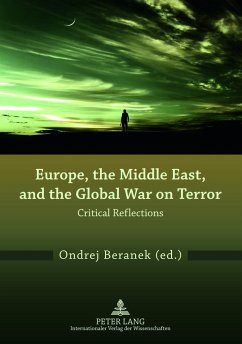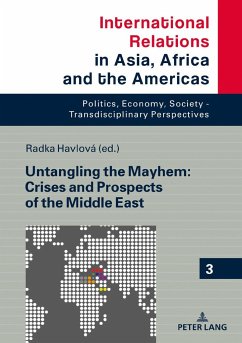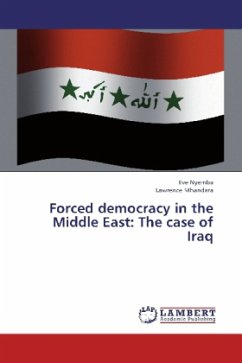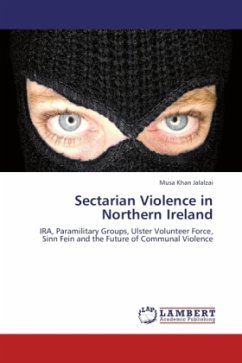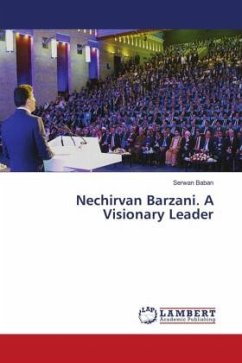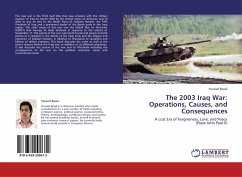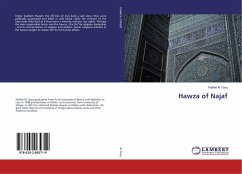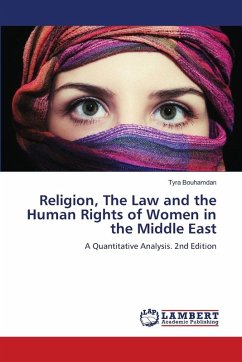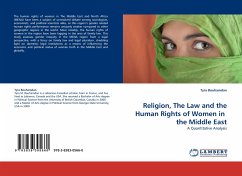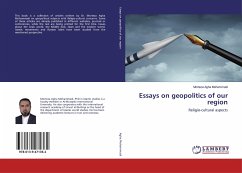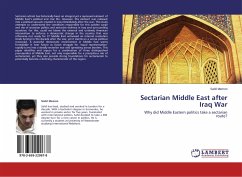
Sectarian Middle East after Iraq War
Why did Middle Eastern politics take a sectarian route?
Versandkostenfrei!
Versandfertig in 6-10 Tagen
27,99 €
inkl. MwSt.

PAYBACK Punkte
14 °P sammeln!
Sectarian schism has historically been an integral yet a repressed element of Middle East's political and civic life. However, this element was released into a political vacuum created in Iraq immediately after the war. This study attempts to understand the conditions responsible for this sudden surge and rise of sectarian politics and sectarian violence in Iraq and surrounding countries. For this, could we blame the external and untimely American intervention to enforce a democratic change in the country that was otherwise not ready for it? Middle East witnessed an internal revolution (Arab S...
Sectarian schism has historically been an integral yet a repressed element of Middle East's political and civic life. However, this element was released into a political vacuum created in Iraq immediately after the war. This study attempts to understand the conditions responsible for this sudden surge and rise of sectarian politics and sectarian violence in Iraq and surrounding countries. For this, could we blame the external and untimely American intervention to enforce a democratic change in the country that was otherwise not ready for it? Middle East witnessed an internal revolution (Arab Spring) in the decade after the war, yet it stands on a worse political crossroad. A peaceful democratic environment in Middle East seems formidable in near future as Syrian struggle for 'equal representation' rapidly turns into a deadly sectarian war and spreading across borders. This paper identifies and argues for a combination of three distinguished prerequisites of Middle East, not only responsible for a precipitous rise of sectarianism, yet they also provide strong foundations for sectarianism to potentially become a defining characteristic of the region.



